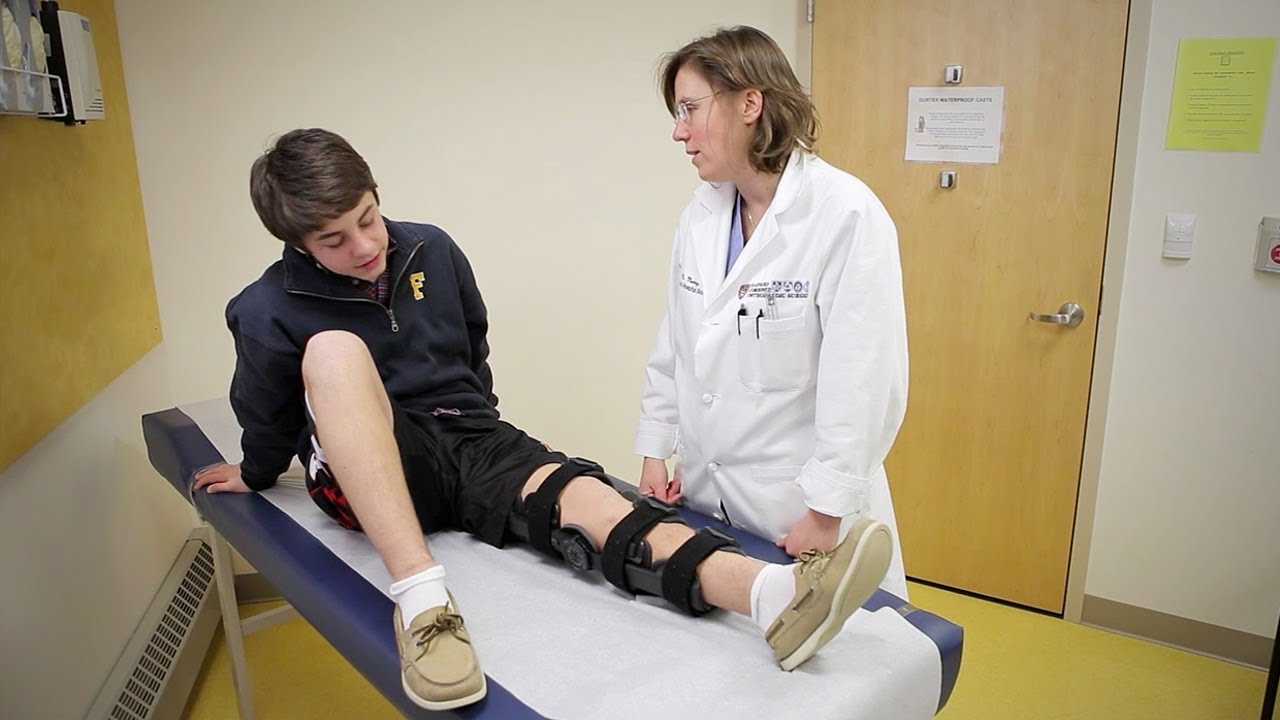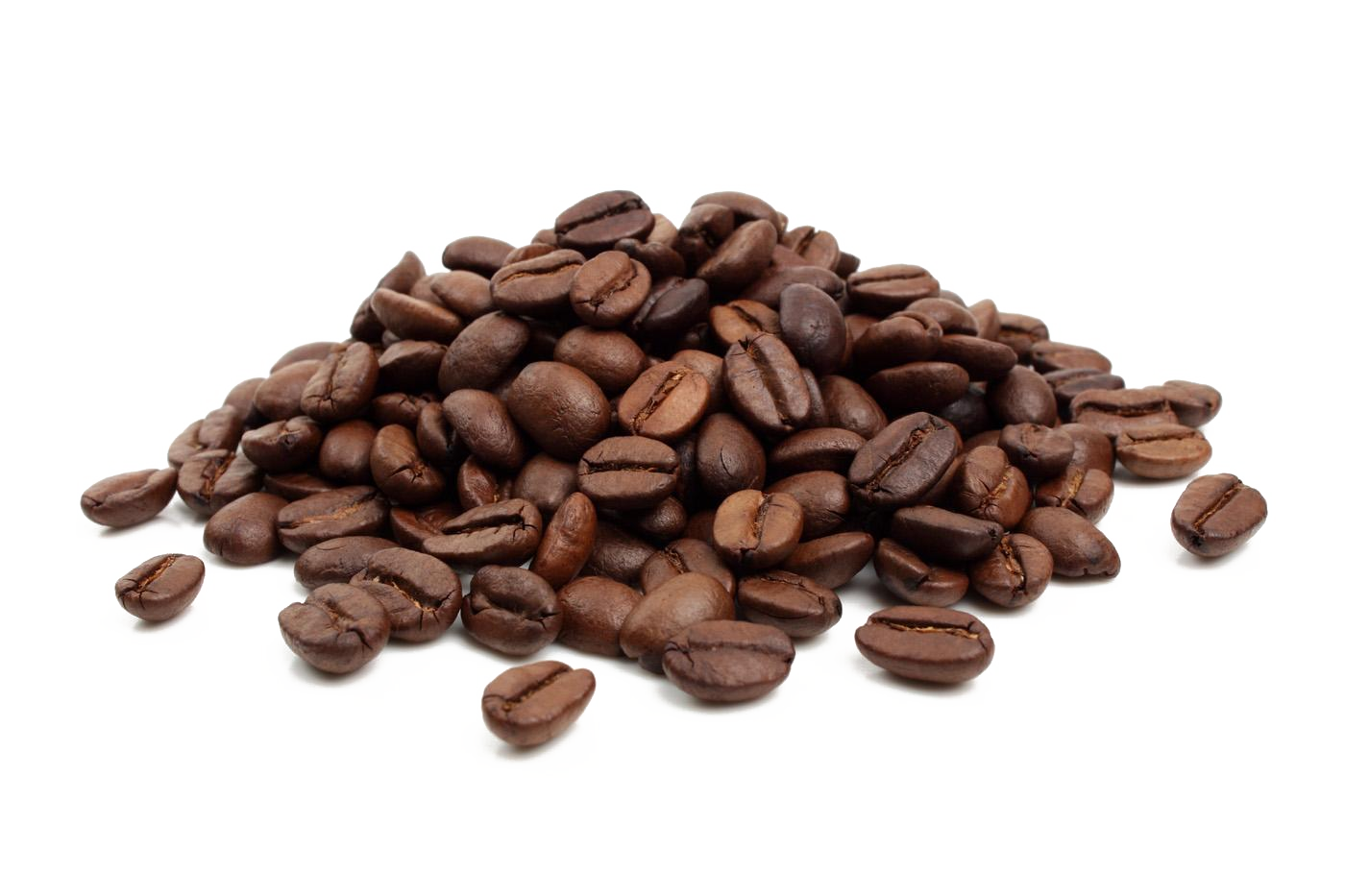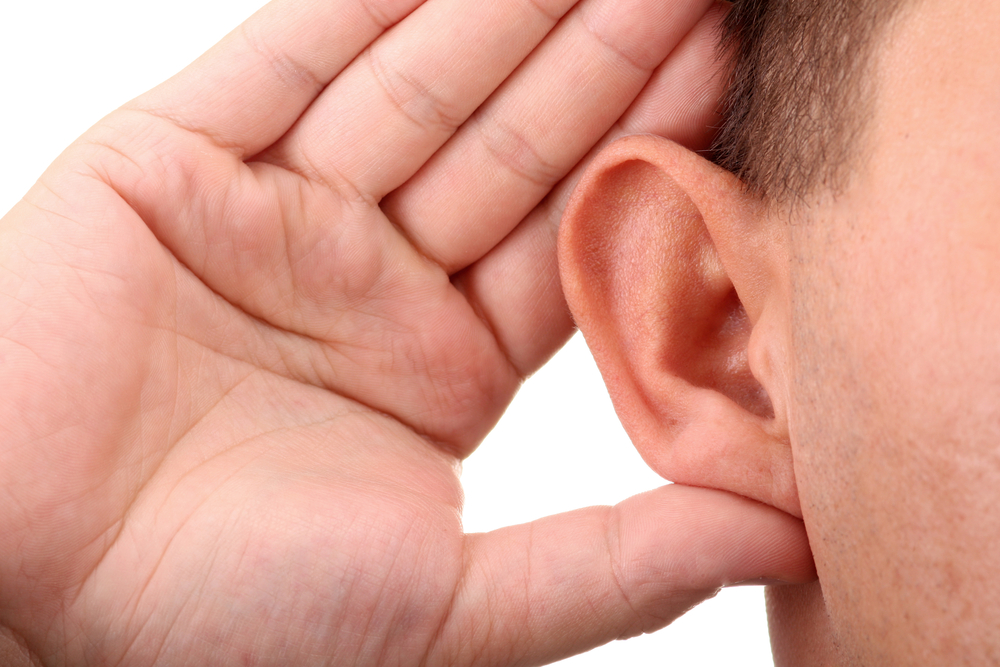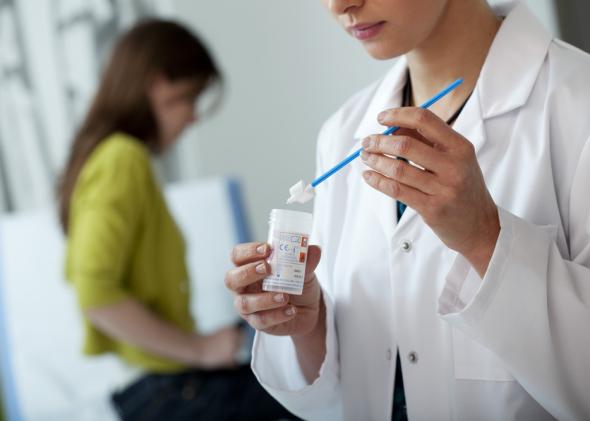Omicron: Everything You Need to Know
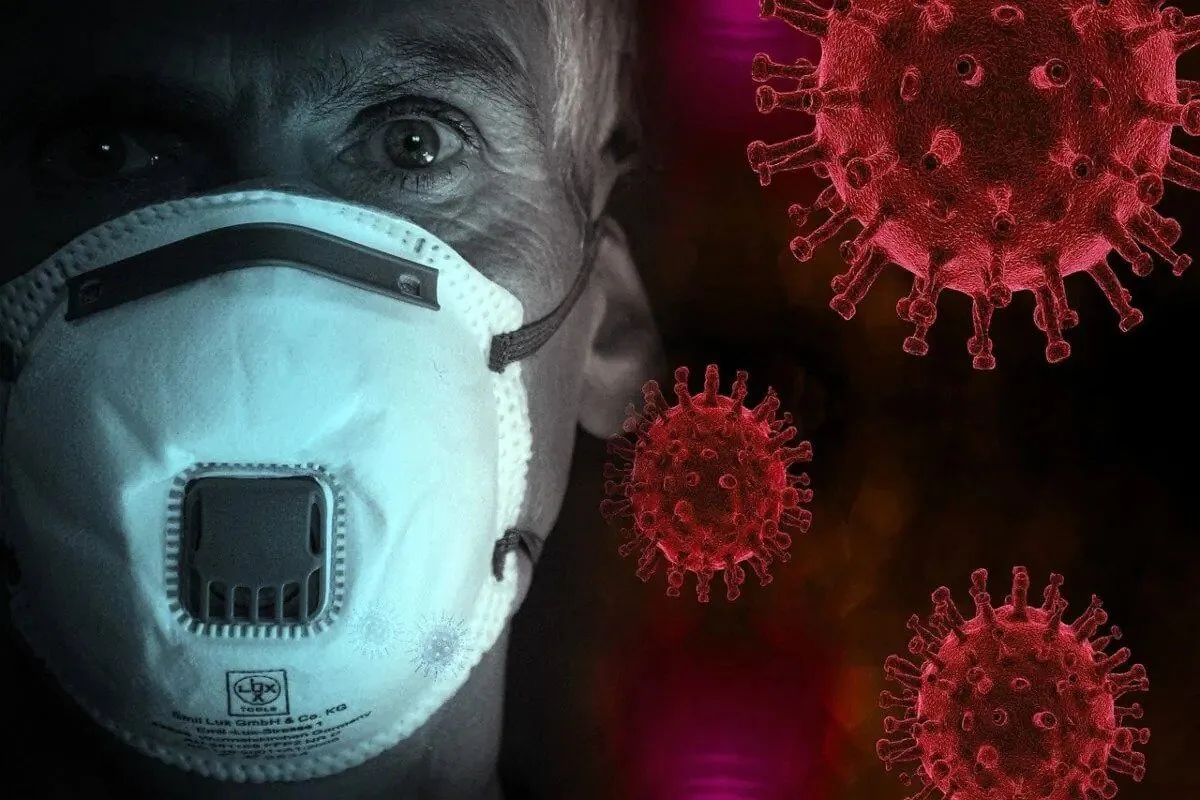
By the end of 2021, a newly found variant of the Coronovirus, Omicron, turned out to be highly transmissible and less susceptible to vaccines than the other variants of COVID-19. The mildness of infection suggests that the severity can be less than those of previous COVID-19 variants. In India, Omicron is expected to lead the peak of infections in the third wave where thousands of cases are expected to be reported in a day. The sheer volume of people testing positive is still forcing huge numbers to isolate in their homes following covid appropriate behaviour.
Amidst the ongoing research, here is what we can learn about the variant’s transmissibility, symptoms and severity.

Does Omicron spread faster than other variants?
Yes. According to CDC experts, “anyone with Omicron infection can spread the virus to others, even if they are vaccinated or don’t have symptoms.”
It is two or three times as likely to spread as the Delta variant. First found in South Africa, the Omicron variant spread rapidly, doubling the number of cases every two to four days, a much faster rate than Delta. Many studies have been conducted across the globe that indicates this variant is dodging the antibodies produced by vaccines and previous infections. The risk of re-infection and breakthrough infections are likely to be more in Omicron than fresh cases of infection. The severity of illness is still not known. However, unvaccinated people are at the risk of getting hospitalised and bearing post-covid complications.
What symptoms indicate Omicron infection?
With the new variant, people are experiencing symptoms that appear to be more like that of the common cold and flu, including sore throat, runny nose, headache and body ache. It is important to note that headache isn’t a new symptom of COVID-19 but hasn’t been noticed much among the severe symptoms caused by previous variants.
Cough, High temperature, loss of taste or smell were the three official symptoms of COVID-19 symptoms. Importantly, shortness of breath, or drop in oxygen saturation is less likely to be seen in patients during the third wave.
Some people are facing nausea, vomiting or stomach distress, along with muscle or body aches, low back pain and fatigue that seems to be more common with Omicron than it was with Delta and other variants.
What precautions one needs to take?
As per the health experts of AMRI Hospitals, people need to wear closely fitted N95 mask or 3-ply surgical mask while stepping out in public. It is good to take both doses of vaccine and maintain physical/social distancing, followed by taking care of other protocols. Hand hygiene and sanitization is the key to fighting off the infection, while maintaining good ventilation at home and at other places.
How is the Omicron Variant of Covid-19 Diagnosed?
While rapid-antigen test kits are available for self-testing at home, RT-PCR is considered the gold standard for COVID-19 testing. In RT-PCR, specific genes in the virus are detected, like Spike protein (S), Enveloped (E), and Nucleocapsid (N) to confirm the presence of the virus.
In the case of Omicron, as the S gene is heavily mutated, some of the results indicate that the S gene drops out. To understand better, if the S gene comes out as positive in PCR tests, chances are that it is not an Omicron infection but circulating Delta infection. Also, if the S gene comes out negative, it does not necessarily show the presence of Omicron or any other variant. For final confirmation of the presence of the Omicron variant, a genomic sequencing process is carried out.
Can vaccines reduce the severity of COVID-19 infection?
Yes. A substantial protection against severe disease triggered by COVID-19 infection is seen among a large group of people all across the world. As per CDC, ‘Getting vaccinated against COVID-19 can lower your risk of getting and spreading the virus that causes COVID-19. Vaccines can also help prevent serious illness and death.’
Omicron might be fuelling a new surge of cases, but even today the people getting hospitalized are overwhelmingly unvaccinated or suffering from comorbidities. The effectiveness of the vaccine against symptomatic infection from Omicron is likely to be much lower than earlier variants but the symptoms are less severe than what was seen in the second wave caused by the Delta variant.
However, Omicron evades antibodies produced by vaccines as it resides and multiplies in the nose and throat causing symptoms like runny nose, cough and sore throat. But here, the role of vaccines is much more than producing antibodies. They also stimulate the growth of T Cells that fight off specific viruses and infections.
In India, precautionary doses of frontline workers and senior citizens have been started from 10th January, 2022. According to preliminary analysis published by Bharat Biotech, “individuals receiving a booster dose of Covaxin have a significant immune response to both the Omicron and Delta variants. These findings suggest that a booster dose has the potential to reduce disease severity and hospitalizations.”

Jesus is a health blog author who has been writing about nutrition, fitness and healthy living for over 10 years. He also loves to run, hike and bike with her wife.




